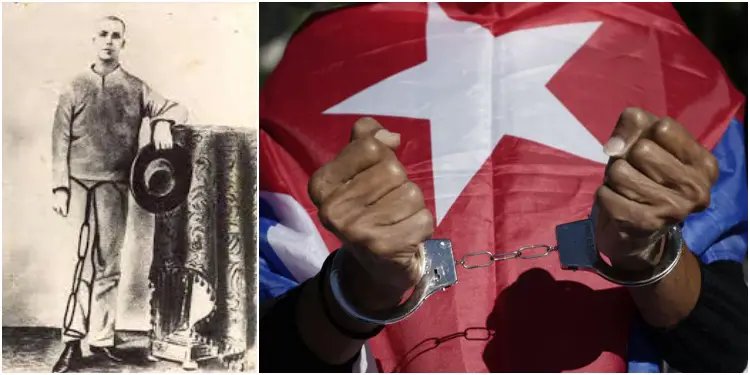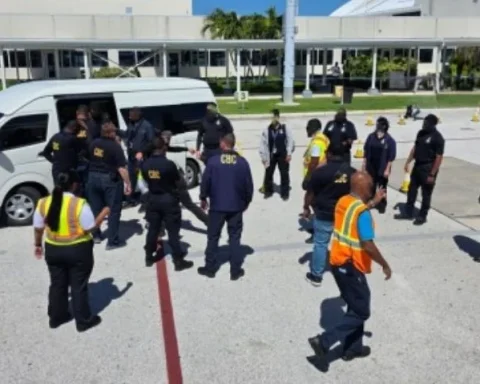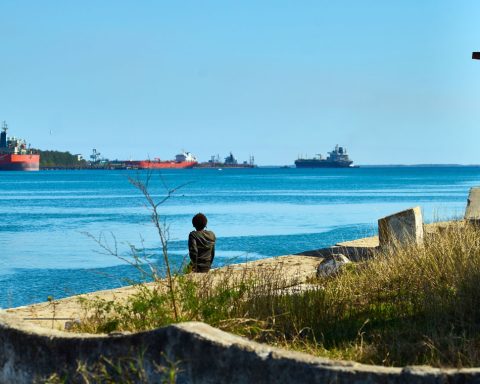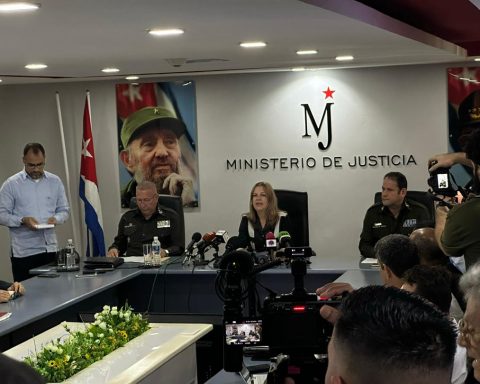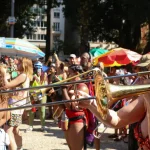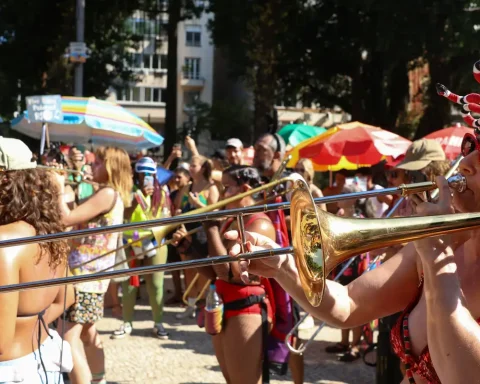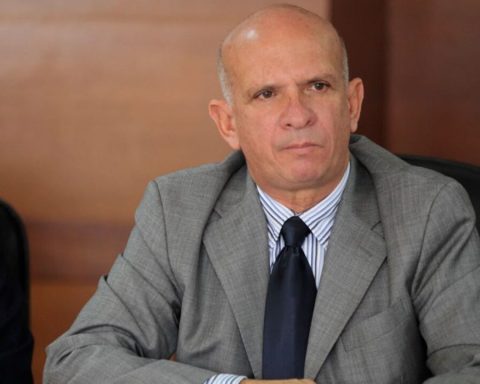Havana Cuba. – In April 1870, José Martí, at just 17 years old, became prisoner number 113 of the first brigade of white men who carried out forced labor in the quarries of San Lázaro. Shaved and chained from the waist to the ankle, the beloved son of Doña Leonor Pérez knew the rigors and abuses of the colonial regime. All the horrors experienced during those months of punishment were reflected in his work. The political prison in Cubapublished in Spain, on April 13, 1871.
In it, Martí vividly described the ruthless routine in which the life of the prisoners passed, the long walks under a scorching sun, the burns caused by the lime from the quarries, the deaths due to violent punishment, hunger and epidemics. Impressed by the magnitude of the crimes that he had to witness, he named the victims whose martyrdom he witnessed up close, and particularly heartbreaking was the account of the visit from his father, Mariano Martí, who suffered greatly when he saw his son’s wounded foot by the touch of the shackle, and the mistreatment he was suffering in that infernal place.
Despite the consequences that Martí’s independence represented for the family home, Leonor and Mariano supported him during that difficult period that would mark the young man forever; not only because of the physical abuse that was committed, but also because of the serious damage to morality and the human condition.
In the Cuba of the 21st century, the political prison it is still just as brutal and unfair. Minors are taken to prison for claiming rights; the forces of order apply preventive or punishment beatings, depending on the case, to prevent demonstrations against the communist dictatorship.
Also in today’s Cuban prisons, prisoners suffer torture, starvation, and flagrant violations of their condition as human beings. They get sick and their jailers deny them medical attention, forbid them from informing their families and, if they are physically deteriorated, they cancel their regular visits so that their loved ones cannot personally see the extent of the punishment and cruelty.
The horrors that the Apostle described in 1871 continue under another yoke that has no mercy either, that does not discriminate between men and women when it comes to exercising its brutality, and that, furthermore, uses all possible methods of harassment so that complaints do not come to light.
